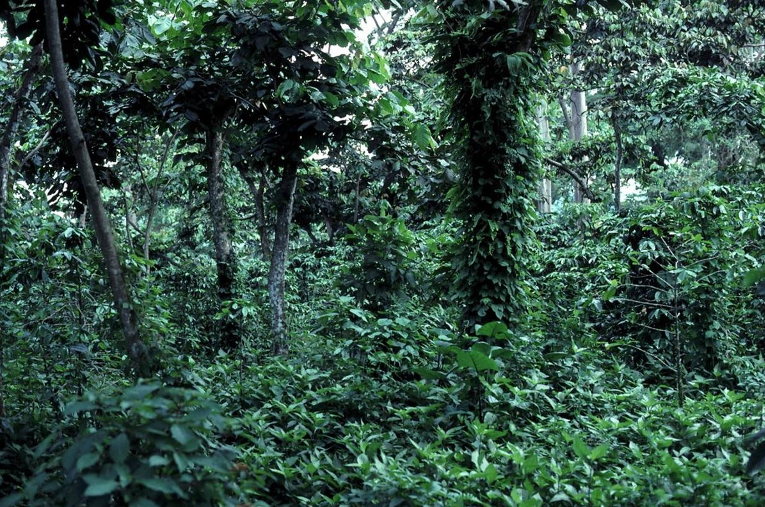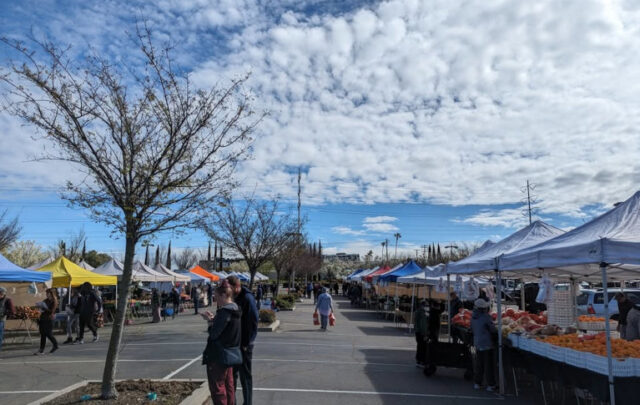Occam’s Razor is a principle that tells us that the simplest solution to a problem tends to be the correct one. Farmers around the world are abiding by this philosophy in droves by practicing agroforesty, an ancient agricultural technique that supports biodiversity while simultaneously sequestering carbon. This week on Sea Change Radio, we learn all about agroforestry from Erik Hoffner, an editor at Mongabay. Hoffner takes a look at examples of agroforestry efforts around the globe, examines recent investments into the sector and shows how it stacks up to large, industrial agricultural systems. As you’ll see, sometimes the best answers are right under our noses the whole time.
Act: Inspiration
Made In The Shade: Erik Hoffner on Agroforestry
By Alex Wise, originally published by Sea Change Radio
November 26, 2018

Alex Wise
Alex Wise is the host and executive producer of Sea Change Radio, a nationally-distributed interview-format radio show concerned with the advances being made toward a more environmentally sustainable world, economy, and future.
Tags: Agroforestry, Building resilient food and farming systems
Related Articles
“Cursed be the ground”
By Sieren Ernst, Resilience.org
The disciplines of regenerative agriculture and nature restoration both seek to establish a more natural relationship with land. Both are experimenting with understanding what that relationship might look like in a modern world.
February 6, 2025
‘Time is water’: A cross-border Indigenous alliance works to save the Amazon
By Francesc Badia I Dalmases, Open Democracy
The rivers in this region of northwestern Peru are running dry as the Amazon Basin experiences its most severe drought in decades.
February 5, 2025
Farmers Markets Can Be a Form of Climate Action. Here’s How.
By Gabriella Sotelo, YES! magazine
A 2008 study found that individuals without access to supermarkets were 25 to 46 percent less likely to maintain a healthy diet. Farmers markets, supported by federal, state, and private food assistance programs, are helping to bridge the gap by offering a direct distribution model.
February 4, 2025




